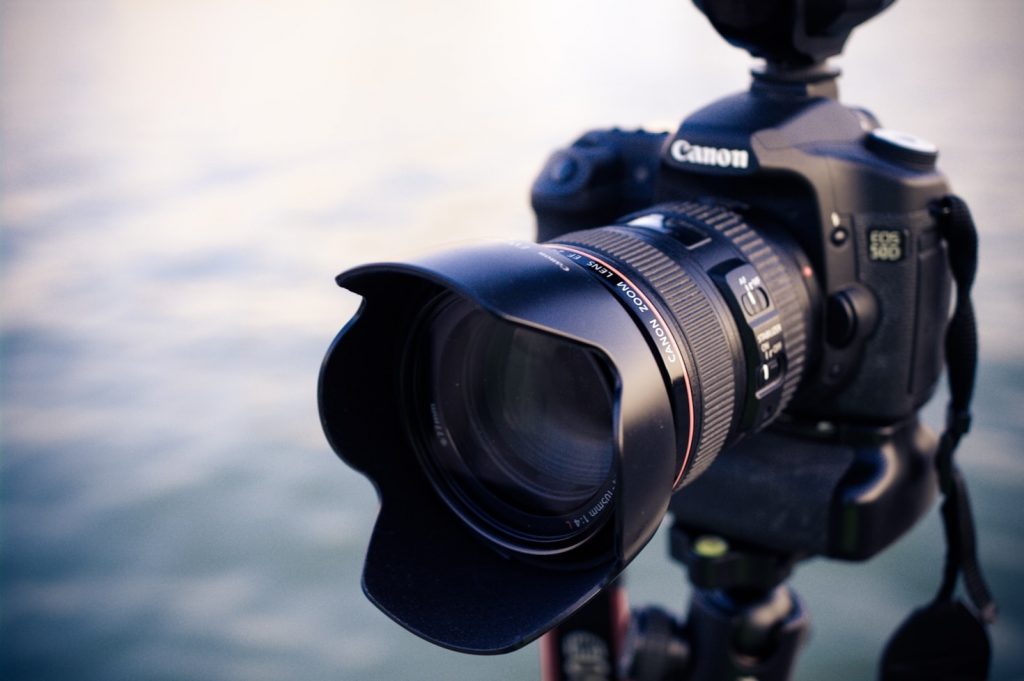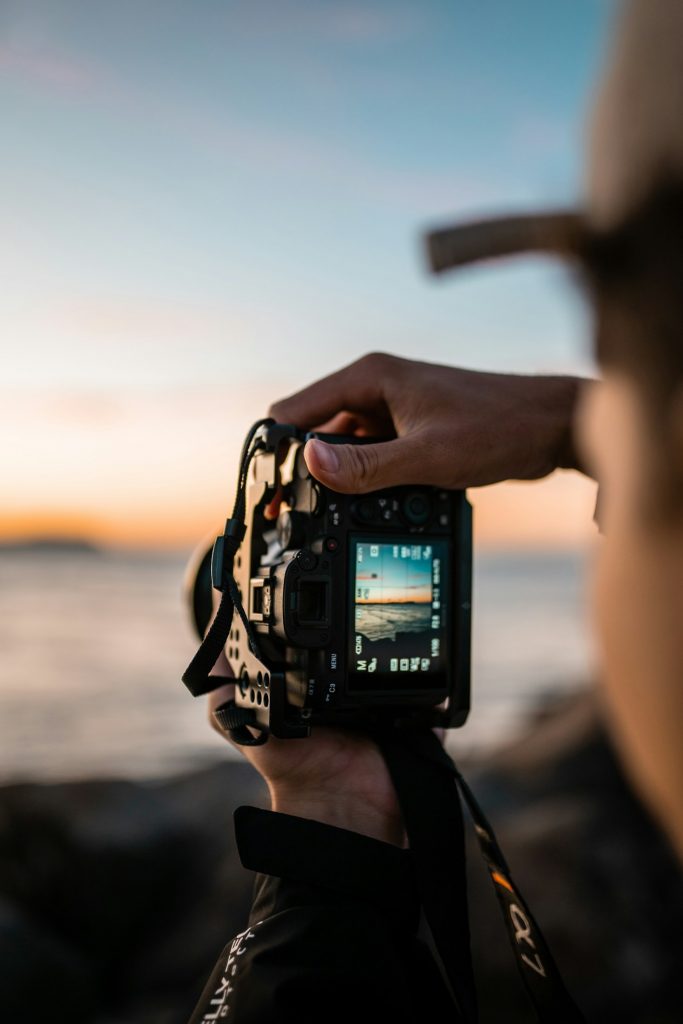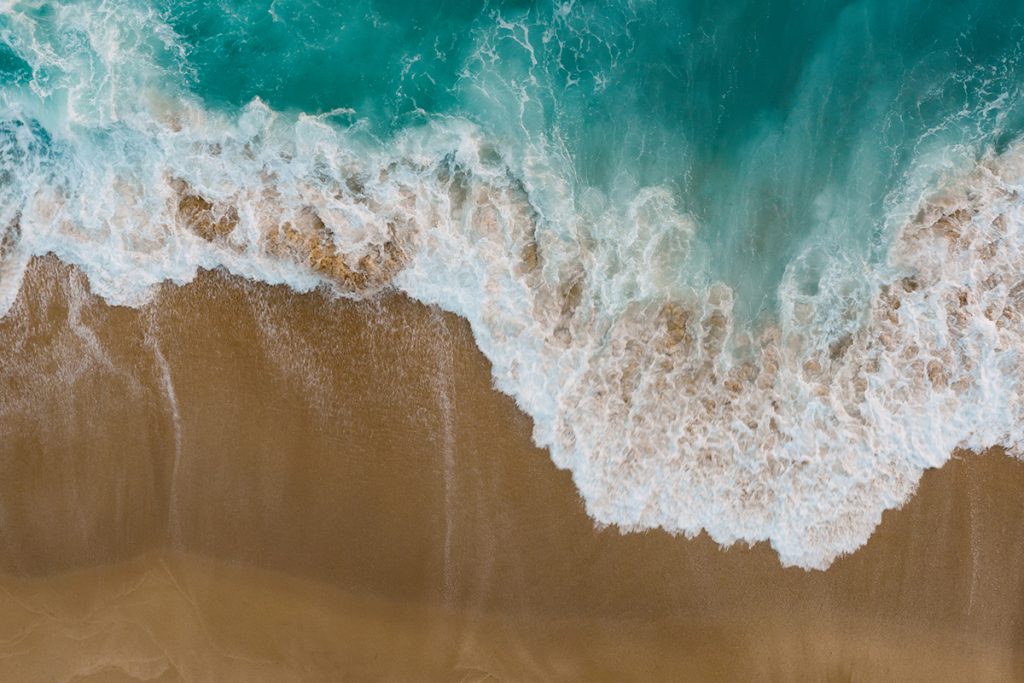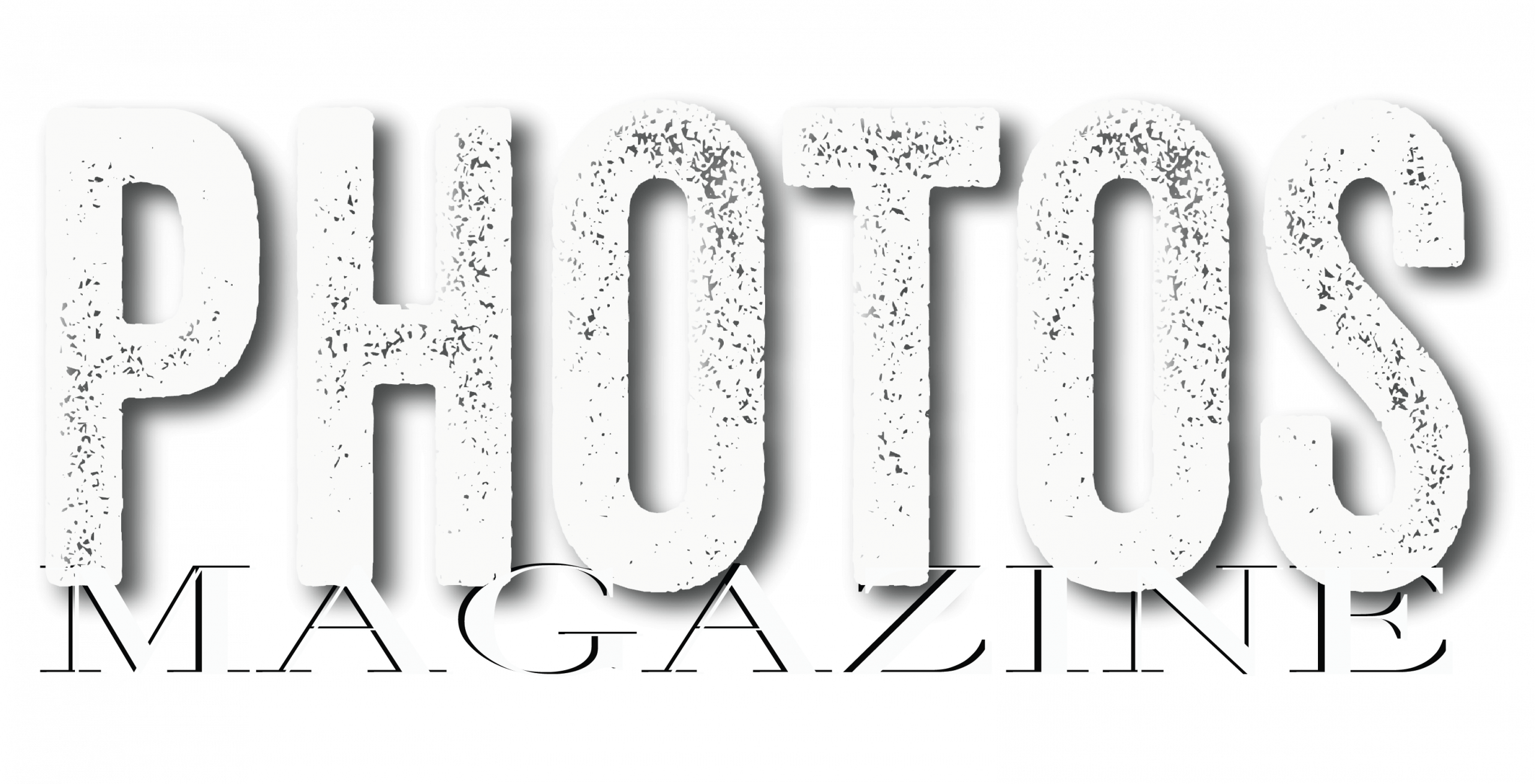Jumping into photography can feel like a lot. There’s unfamiliar lingo, a sea of gear, and the pressure to “know everything” from day one. On top of that, your feeds are packed with polished images from seasoned shooters—which can be discouraging when you’re just beginning.
We live in a golden age of information, but not all advice is accurate or useful. Sorting good guidance from confident-but-wrong takes can make starting out even more intimidating. To cut through the noise, here are practical ways to begin your photo journey (or sharpen rusty skills) with reliable resources.

Lean on DPReview’s Intro to Photography Series
Quick plug: we created the DPReview Intro to photography series specifically to make the fundamentals clear and approachable. Think bite-sized videos like “What is shutter speed?” that unpack both photo and video concepts without fluff. Subscribe on YouTube and keep an eye on the DPReview site for new installments.

We’re also publishing beginner-friendly articles covering everything from travel shooting to caring for your gear. Across all of it, our goal is simple: explain complex ideas accurately so you build good habits from the start—no unlearning required.
Tap Brand & Retailer Learning Hubs
Many camera makers and retailers publish trustworthy educational content. Canon, Nikon, and Sony regularly share how-tos and creative tips; sometimes it’s specific to their systems, but much of it applies broadly. Tamron’s Tamron University offers free master classes taught by working pros.
Retailers pitch in, too. B&H Explora hosts a deep library of articles and videos, and Adorama’s blog spans editing, composition, gear guidance, and more. These are great, no-cost places to learn fundamentals and discover new techniques.
Read Actual Books (Yes, Really)
Books remain fantastic teachers—often clearer and more comprehensive than scattered web posts. If you want structured knowledge, look to textbooks like Photography by Barbara London, Jim Stone, and John Upton, or Digital Photography Complete Course by David Taylor. They walk you through the entire workflow: learning your camera, shooting, editing, printing, and beyond.

Don’t skip photo books, either. Spending time with curated bodies of work trains your eye for composition, light, and storytelling—and sparks ideas you can try on your next outing.
Take a Class or Workshop
Sometimes structure accelerates progress. You don’t need a four-year degree; a single intro course can cement the basics and give you momentum to keep learning on your own. One huge advantage of classes is feedback—you won’t be improving in a vacuum.
Check community colleges for budget-friendly options. Prefer remote learning? Many schools and organizations run online workshops with set lessons and critiques. Maine Media, for example, offers a wide range of in-person and virtual courses.
Use Social Media—Carefully
YouTube, Instagram, forums (including ours) and Reddit are packed with tips and tutorials—and they’re free. But quality varies. There are genuine experts sharing hard-won knowledge, and there are creators who sound convincing but miss the mark.

If a claim clashes with what multiple reliable sources say, pause and verify before you adopt it. Curate who you follow, compare perspectives, and test advice against your own results.
Final Thought
Start simple: learn the core settings, practice often, review your work, and lean on vetted resources. With consistent reps and solid information, the mountain gets a lot smaller—and a lot more fun to climb.


Comments (0)